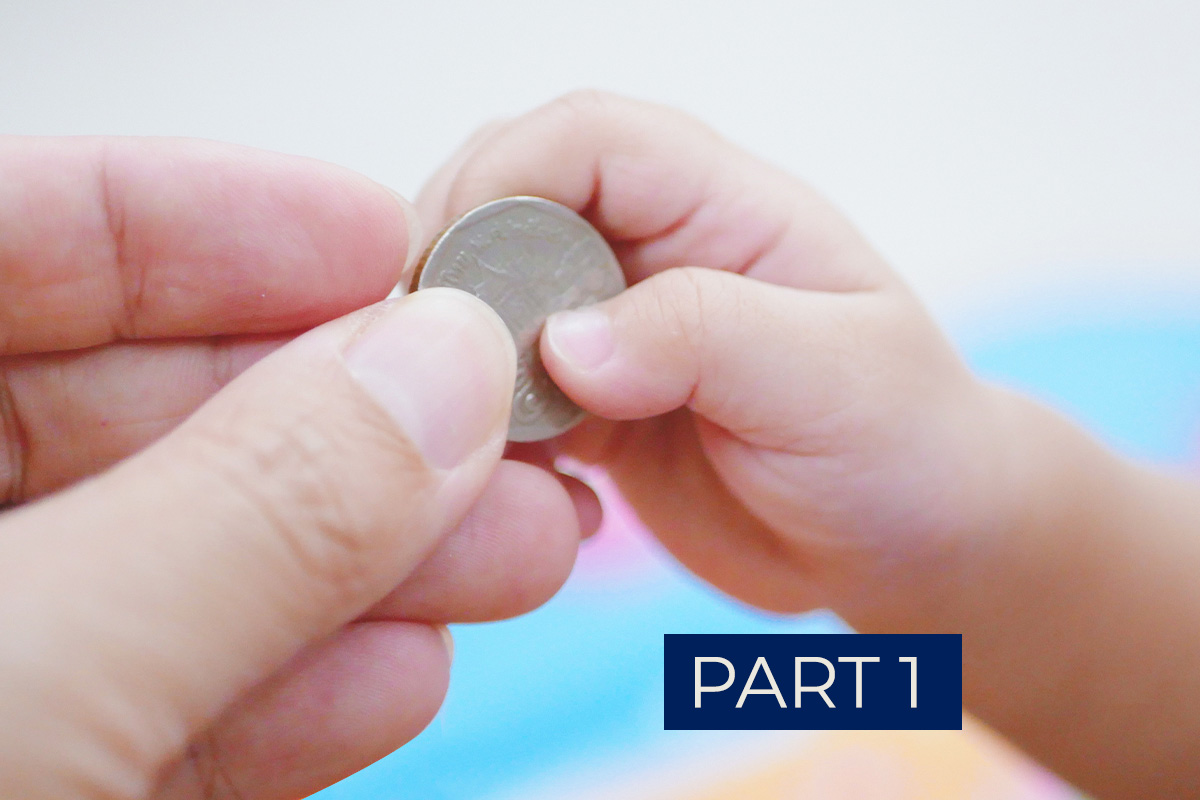Disciplining and teaching your child to be obedient is part and parcel of being a parent. However, while teaching children to behave appropriately might come easily and naturally to some parents, many others face challenges in different situations.
But if we’re really being honest, a majority of us struggle with it!
Getting your child to listen without the need to reprimand, ground, or even spank can be difficult, especially during instances when you’re facing unexpected behavior. It also proves to be a challenge when parents are forced to take action right away, given some circumstances.
For younger children, tantrums can get in the way of how a parent can effectively discipline their child’s behavior. A parent under stress or pressure may also resort to physical forms of punishment out of frustration. Responding in a verbally aggressive way may also prove to be ineffective. Instead of getting your child to listen or behave, it might make situations even worse. It can make it even more difficult for you to correct their behaviour and make them listen.
If you’re a parent looking for a way to learn how to discipline your child, here are five ways you can get your child to listen without aggression or other actions that may result in negative outcomes.
1. Stay Calm During Tantrums and Meltdowns
The worst thing you can do as a parent is to be a part of your child’s frustration and anger. Tantrums and meltdowns stress both you and your child, so it is important to keep your cool and not let your anger take over. Don’t let your temper get the best of you. Losing your temper may result in adverse actions such as shouting or spanking. Regardless of what your child did, shouting will only contribute to the problem. Take a deep breath and focus on getting your child to calm down. Whether they are crying or throwing a fit, focus on getting them to relax first. The last thing you want to do is to provoke them even further.
2. Ignore Rather than Spank
Don’t give in to your child’s impractical demands or requests when they are whining or complaining just to get your attention. However, be sure to check if they are not doing something inappropriate or dangerous. For attention-seeking behaviour such as throwing unnecessary tantrums, shouting, and screaming, ignoring your child will help teach them that being polite might be a better way for them to get heard.
3. Speak Using a Low Tone or Voice
Creating a quiet and calm environment is one way to get your child to listen without using force. Using a stern and angry voice can scare your child and get in the way of you being able to communicate with them. Instead of shouting and screaming at your child to behave and listen, help them calm down. Take the time to listen to your child. Let them explain their side and give them the consequences of their actions. Confronting your child about lousy behaviour can be stressful for them. However, talking in a calm manner will allow them to better understand your side and the consequences of their actions.
4. Use Positive Words and Language
Aside from pointing out their mistakes and bad behaviour, be sure to praise and commend them when they do something right. Focus on praising their acts of good behaviour rather than focusing on their personality and traits all the time. Point out the exact actions they did right and emphasize the importance of their kind gestures. Praising them is also a reward for good behaviour. It will not only help them behave but also learn how to become a better person growing up.
5. Reward and Praise them for Good Behavior
Teach your child to make good choices and actions. Give them small yet fulfilling rewards for changed behaviour. It can be as simple as allowing them to play longer or giving them a snack that they like.
At the same time, enforce simple yet practical consequences for specific actions you want to correct and change. One simple example is limiting their screen and playtime if they refuse to do their chores. This will help teach your children that bad behaviours and practices have consequences, no matter how small or big. Finally, don’t forget to be on the lookout, observe your child for positive acts and behaviour, and praise them accordingly.
Disciplining Your Children in a Positive Way
Parenting can be overwhelming. As you implement positive and smarter ways to discipline your child, take the time to understand your child better. Learn what instances and situations are making them misbehave. Look out for situations that may trigger them to misbehave. Don’t let your emotions get the best of you when your child is being difficult. Take a step back and think about the best response for every situation.
For more parenting tips and advice, make sure to visit our blog section at babyology-care.com/blog









